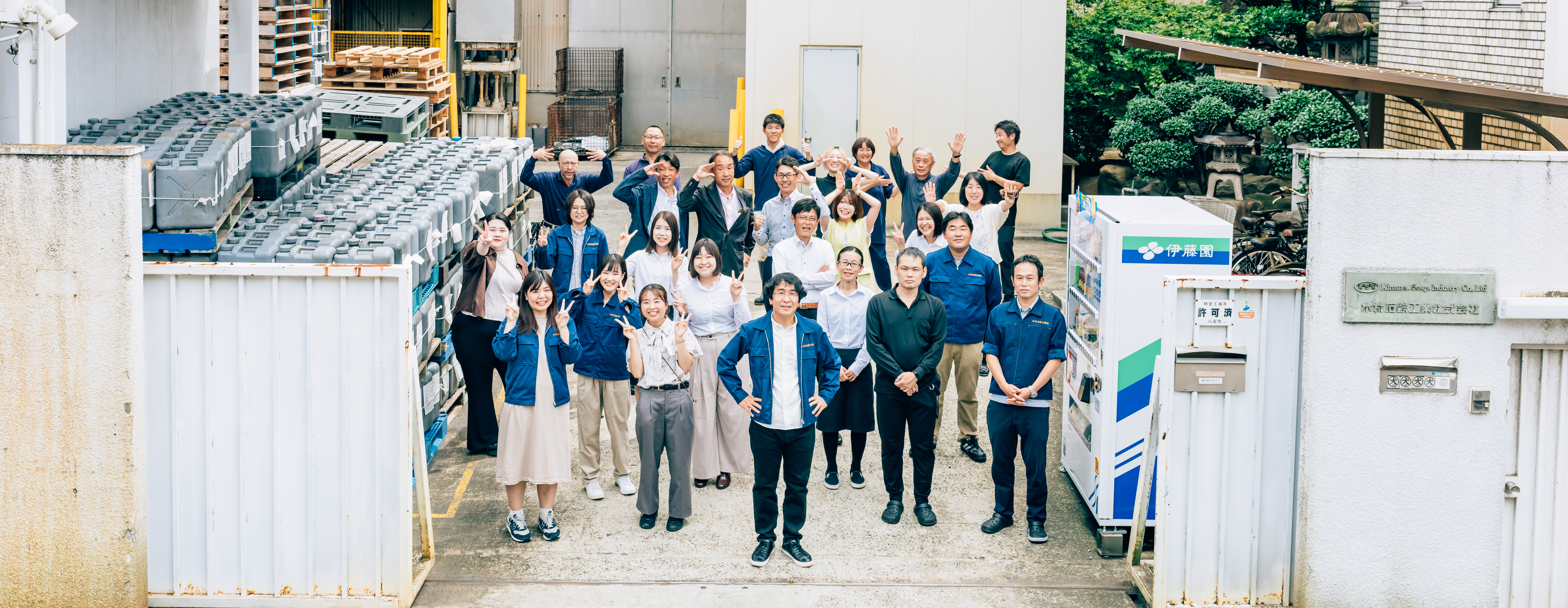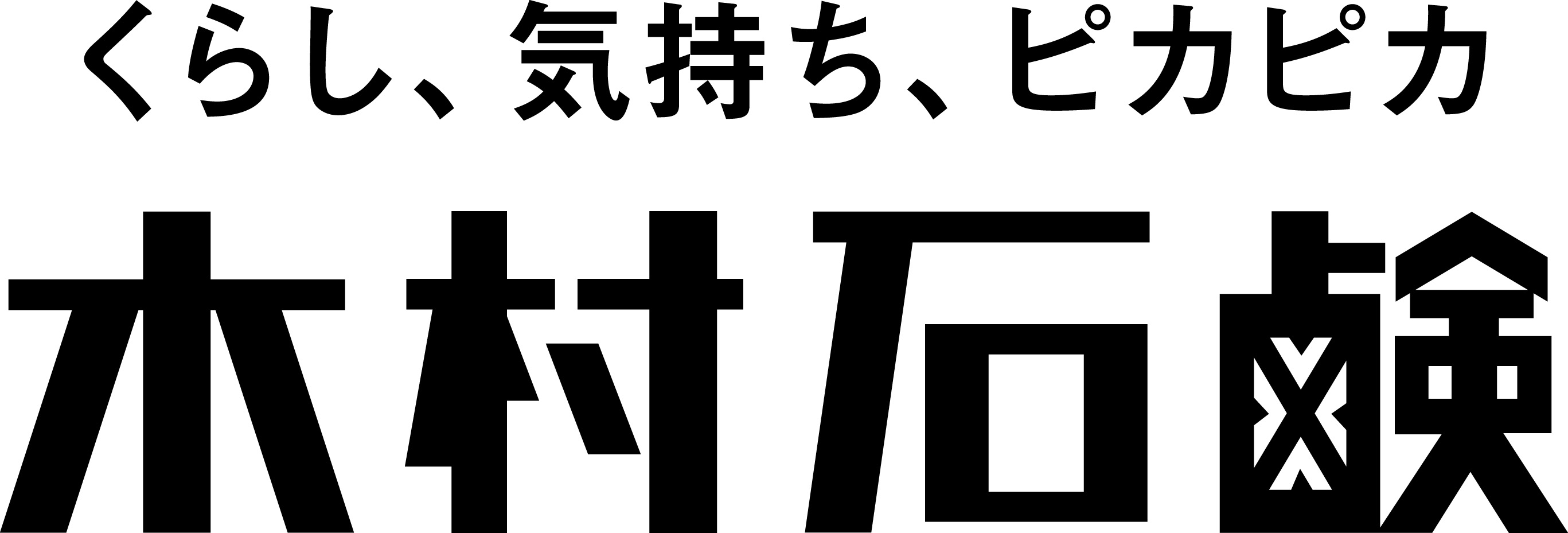

Kimura Soap

1.6
Ōsaka Prefecture, Japan
July 2025
Cleaning products
Manufacturing
Japan
At Kimura Soap, one of the core organizational philosophies is that “since we spend most of our waking hours at work, it should be fun and engaging — otherwise it’s a waste.” Breaking away from rigid corporate norms, the company has eliminated needless formalities (like traditional approval paperwork and rote reporting) so that employees can work freely and comfortably, without excess bureaucracy. For decades, Kimura Soap has operated under the idea that you can’t do good work without a happy home life, actively reducing overtime; today there is virtually no overtime at the company. Leaving the office on time is the norm, and everyone is encouraged to cherish their family and personal time. A culture of trust and deep appreciation for each employee is strongly rooted in the company — it is part of what makes Kimura Soap proud of its team and how it works. This commitment to caring for employees aligns perfectly with the B Corp values of supporting workers and all stakeholders. As a Certified B Corporation, Kimura Soap will continue to foster a workplace where staff can thrive and be themselves, using business as a force for good in the community and beyond.
Overall B Impact Score
Governance 8.5
Governance evaluates a company's overall mission, engagement around its social/environmental impact, ethics, and transparency. This section also evaluates the ability of a company to protect their mission and formally consider stakeholders in decision making through their corporate structure (e.g. benefit corporation) or corporate governing documents.
What is this? A company with an Impact Business Model is intentionally designed to create a specific positive outcome for one of its stakeholders - such as workers, community, environment, or customers.
Workers 28.8
Workers evaluates a company’s contributions to its employees’ financial security, health & safety, wellness, career development, and engagement & satisfaction. In addition, this section recognizes business models designed to benefit workers, such as companies that are at least 40% owned by non-executive employees and those that have workforce development programs to support individuals with barriers to employment.
Community 21.2
Community evaluates a company’s engagement with and impact on the communities in which it operates, hires from, and sources from. Topics include diversity, equity & inclusion, economic impact, civic engagement, charitable giving, and supply chain management. In addition, this section recognizes business models that are designed to address specific community-oriented problems, such as poverty alleviation through fair trade sourcing or distribution via microenterprises, producer cooperative models, locally focused economic development, and formal charitable giving commitments.
Environment 22.0
Environment evaluates a company’s overall environmental management practices as well as its impact on the air, climate, water, land, and biodiversity. This includes the direct impact of a company’s operations and, when applicable its supply chain and distribution channels. This section also recognizes companies with environmentally innovative production processes and those that sell products or services that have a positive environmental impact. Some examples might include products and services that create renewable energy, reduce consumption or waste, conserve land or wildlife, provide less toxic alternatives to the market, or educate people about environmental problems.
What is this? A company with an Impact Business Model is intentionally designed to create a specific positive outcome for one of its stakeholders - such as workers, community, environment, or customers.
Customers 3.4
Customers evaluates a company’s stewardship of its customers through the quality of its products and services, ethical marketing, data privacy and security, and feedback channels. In addition, this section recognizes products or services that are designed to address a particular social problem for or through its customers, such as health or educational products, arts & media products, serving underserved customers/clients, and services that improve the social impact of other businesses or organizations.